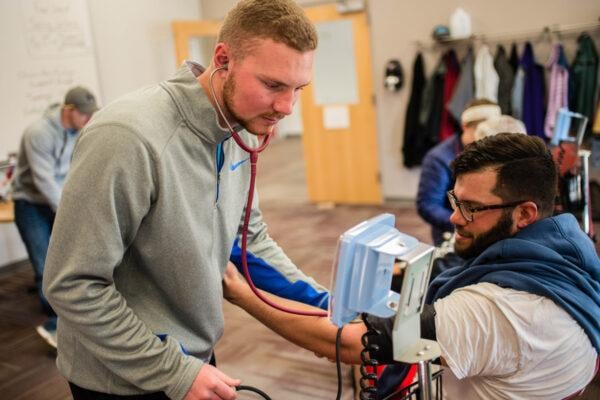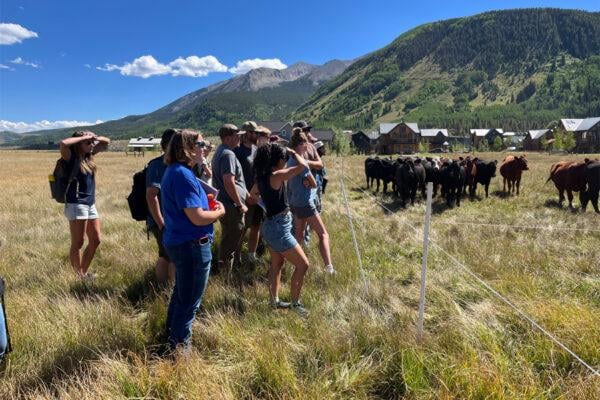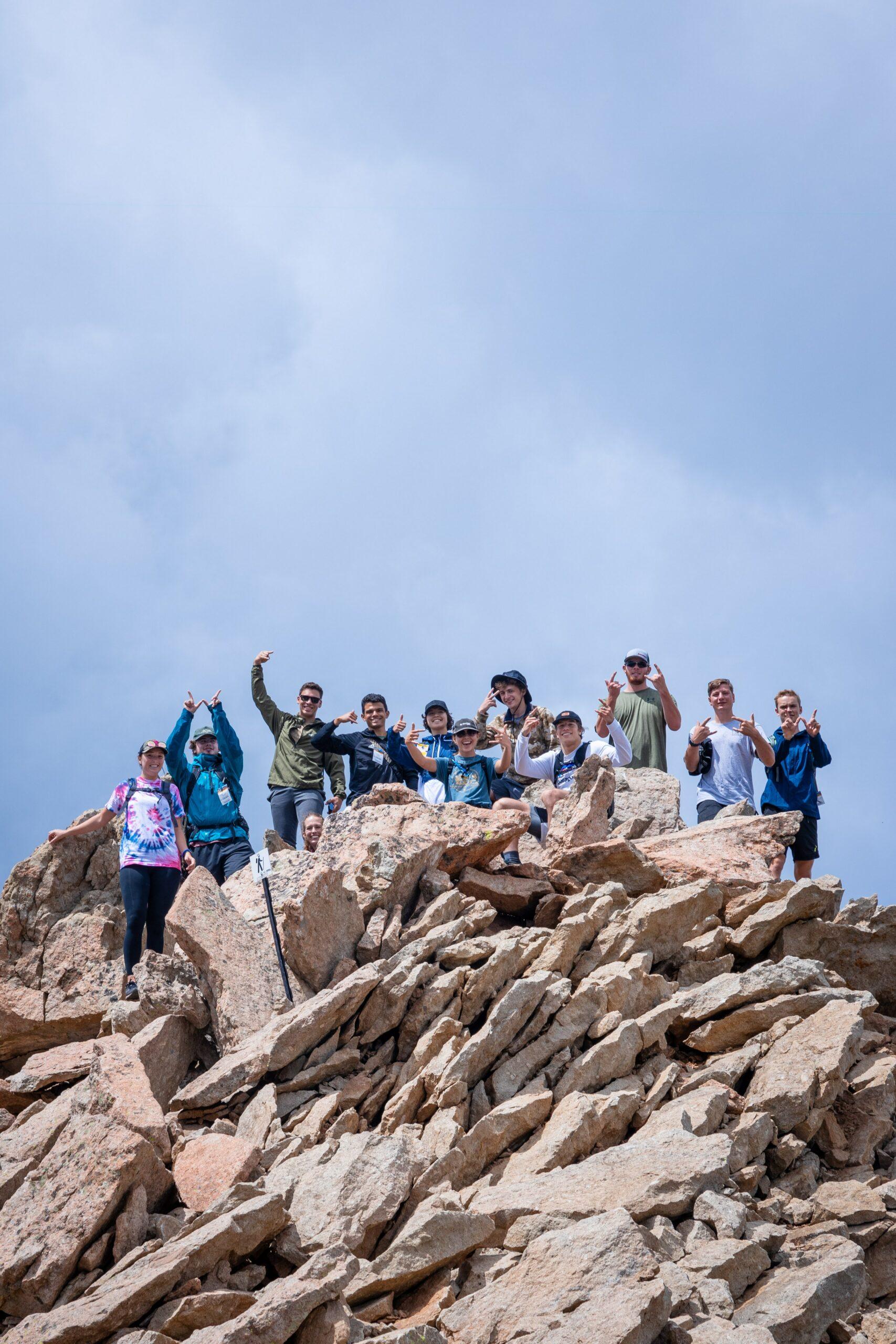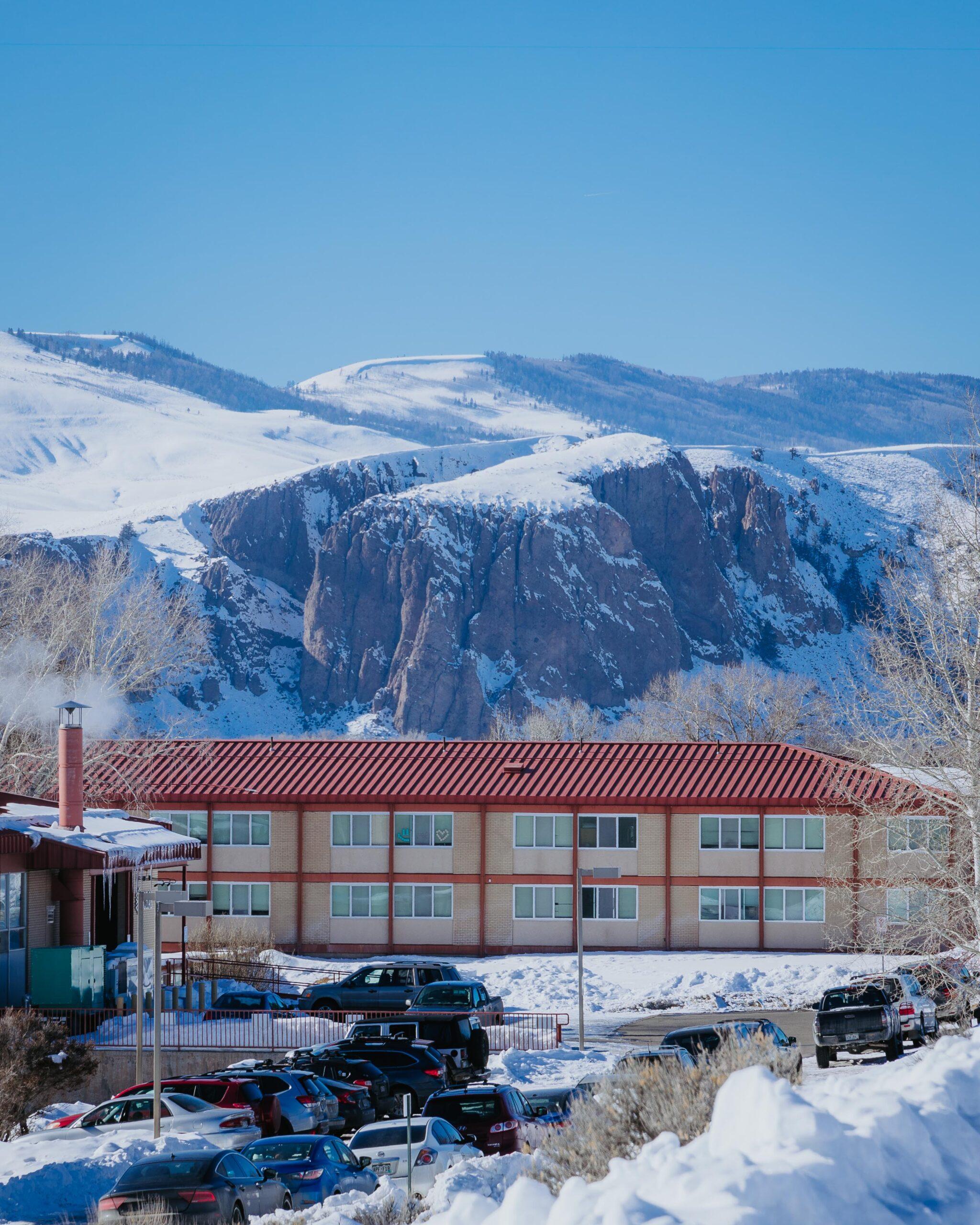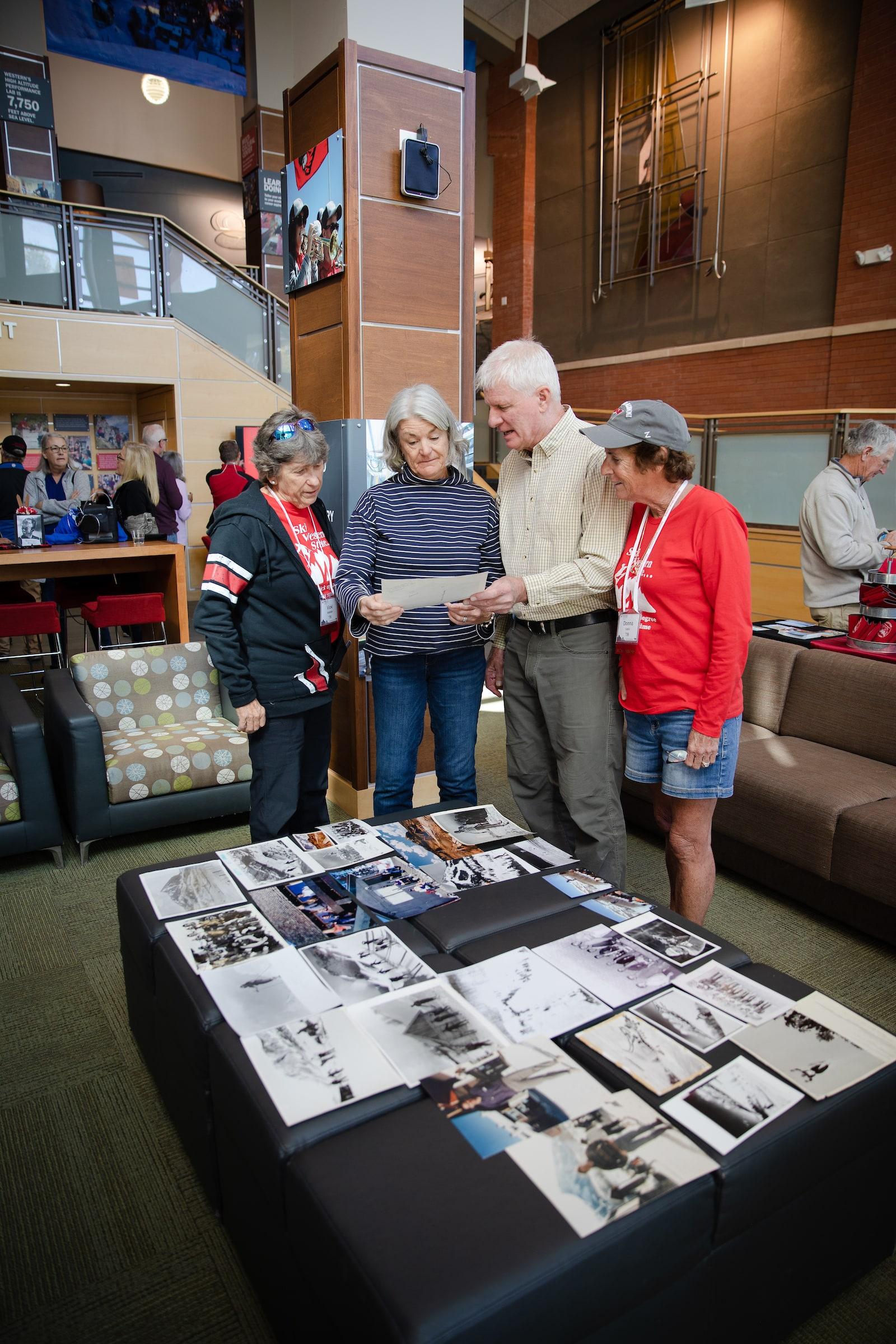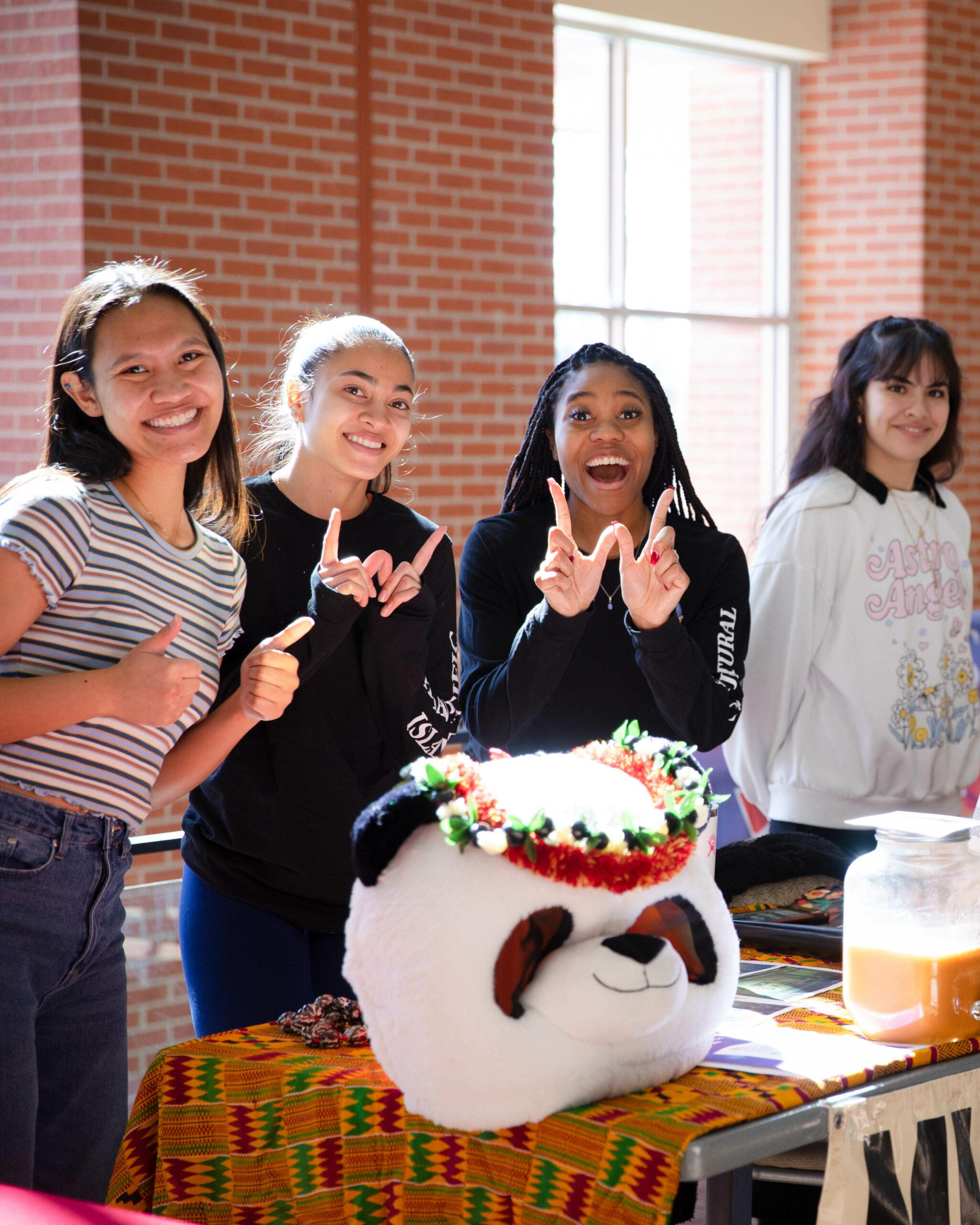Thorpe is famous for her work with creative nonfiction, which has been regarded as “masterful” by The Denver Post. At her upcoming appearance at Western, she is slated to discuss her new release, “The Newcomers,” which details the lives of 22 teenagers in a beginner-level English class at South Denver High School. We spoke with Helen about her new release and her upcoming appearance here at Western.
Prior to your time as a published author, you were quite a successful journalist. How has your time in journalism shaped your writing today?
Thorpe: I learned how to report a story while working in the newsroom of the New York Observer. The managing editor at the time, Kenneth Paul, came out of daily journalism. He was a great boss and taught me everything I know about reporting. It’s quite hard to be accurate. You have to make mistakes and learn from them along the way. I know that journalists are coming under a lot of criticism at the moment, but I do believe that journalism is essential to a healthy democracy. Government, business and people in power in general all have to be held accountable, and journalism, when it’s at its best, does exactly that.
What made you switch from journalism to writing nonfiction?
Thorpe: I don’t really think about it as a switch. I just enjoyed writing longer and longer stories.
Your most recent work of nonfiction touches on sensitive topics and asks some hard questions about the struggles of immigration in America. What was the research like for this book, and what was the process for publishing a book like this?
Thorpe: All three of my books have been published by Scribner, and I have worked with the same editor over the past decade and a half. His name is Colin Harrison and he comes out of journalism as well. He previously worked at Harpers magazine. For my first book I had to write a lengthy proposal and was very fortunate that Colin was interested in that project. Ever since then publishing has been a relatively easy process for me. The key was getting the chance to work with Colin at the beginning.
By the time I started working on “The Newcomers,” I was a known quantity to my editor. I think we took a lot of risks with this project; they were only possible because we had worked together previously. Colin encouraged me to spend a full year inside of a classroom even though in the early months none of the students were talking. It was quite a gamble, to allow me to sit in that room, trusting that I would emerge with a book that people would want to read. Only after the students started to open up to one another and to me, in the second half of the school year, did it become obvious that the book would be compelling. I’m very grateful that I had the chance to spend that much time inside the classroom, patiently waiting for the story to emerge.
How has the book tour been going? What have you done to promote a book like “The Newcomers”?
Thorpe: After this book was published, I gave readings at bookstores up and down the Front Range, in places like Boulder, Denver, Fort Collins and Colorado Springs. I also went to Vail and will be going to Telluride. And I traveled nationally to promote the book as well. I went to both a Texas Book Festival and the Miami Book Fair. I also gave bookstore readings in New York and Washington, D.C. In addition, I’ve done many radio interviews all across the country. Thankfully, this book also got attention in newspapers like The New York Times and USA Today, which made a huge difference.
Gunnison is home to a growing creative writing community, and hosts groups like Writing the Rockies. Have you been to Gunnison before? What are you looking forward to the most about your visit to the Valley?
Thorpe: I was very fortunate to be invited to Gunnison to speak about my last book, “Soldier Girls.” There was a big crowd at the library and it was a very warm and receptive audience. I also got a chance to hike and visit with friends while I was there.
I am really looking forward to visiting with students and faculty to hear why they’re interested in this book. I love connecting with my readers to learn more about how my interests intersect with theirs.
What would your advice be to the Creative Writing, English and Journalism students here at Western?
Thorpe: I would give both groups the same advice. I think the key to becoming a good writer is to pay attention to what moves you on the page. You have to study the writers who you love. I read a lot of fiction as well as nonfiction, and I try to notice what words and what sentences and what images move me. Certain writers are very good at capturing dialogue or very good at character sketches. I try to study their work to see how they bring people to life on the page, and then I try to replicate that in my own work. Sometimes young writers forget to read closely. It’s very important to be mindful of what you take in. We are essentially mimics. We copy other people’s behavior almost subconsciously. Therefore you will become more like the people with whom you surround yourself. And you will become more like the writers that you read. The single most helpful thing a young writer can do to improve their work is to make certain to constantly read very good writing.
Story by Mason Albrechtson. Photos provided by Simon & Schuster.

